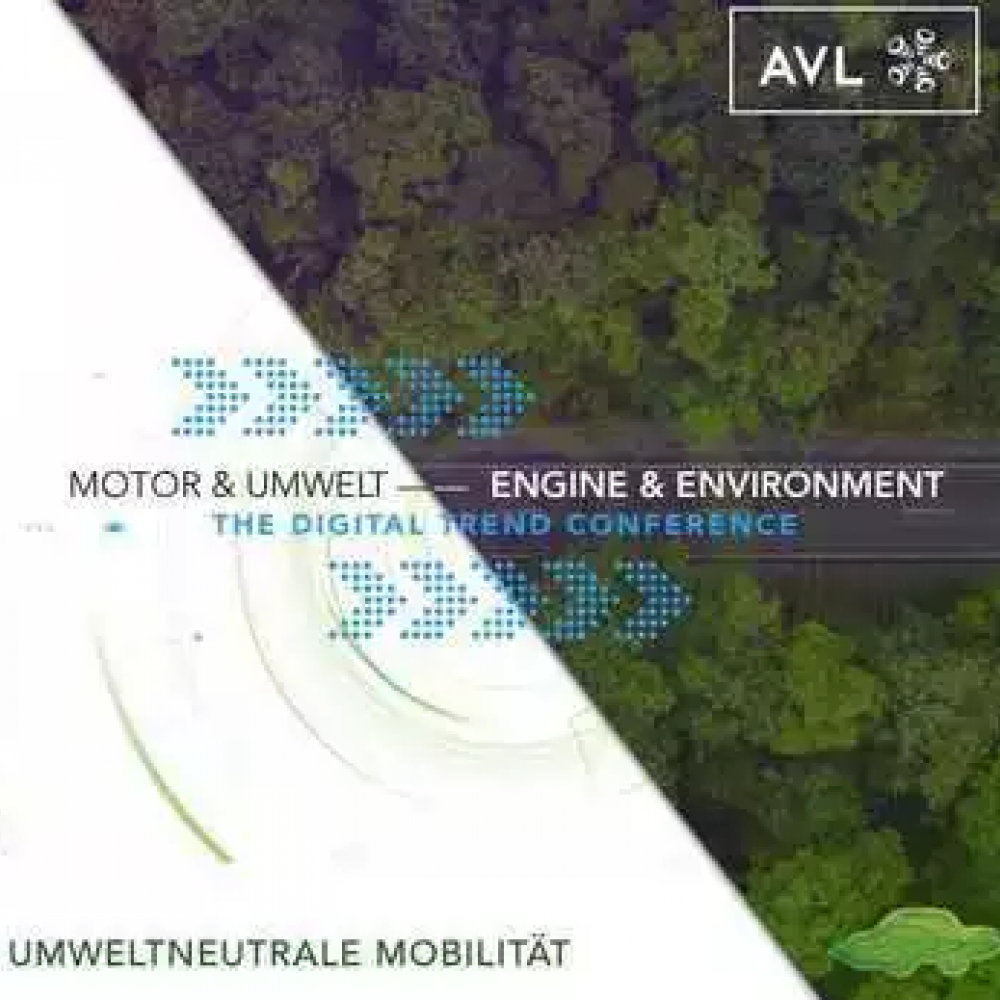32nd International AVL Conference “Engine & Environment”
Engine & Environment goes Digital
New challenges call for new ideas – and for new ways of sharing them. That’s why one of the automotive industry’s most influential trend conferences is switching gears and moving into the virtual world!
Because your safety is our priority, we are bringing the 32nd International AVL Conference “Engine & Environment“ to you – free of charge and 100% digital!
Connect with leading industry experts and engineers from all around the world without leaving your desk. Share your ideas and discuss industry trends and challenges in the global effort towards achieving zero impact mobility.
*********************************************************************************************
2019 saw a global decline in the sales of passenger cars and the reluctance to purchase can be explained by a certain sense of uncertainty on the part of the buyers. As vehicles are usually kept by the same owner for a longer period of time, the buying decision has long-term consequences. Under such conditions, it is an almost impossible task for vehicle buyers to take the boundary conditions into account for many years in advance.
In China, only electric vehicles have the prospect of obtaining a new license plate immediately. Furthermore, driving bans for older diesel vehicles were introduced in Germany at relatively short notice. These two examples show how quickly far-reaching decisions can be made.
This uncertainty, however, also affects vehicle manufacturers. Will enough customers be willing to buy electric vehicles? If yes, at what price? Or will more customers be convinced once more to buy a diesel engine that contributes significantly to CO2 reduction? Should vehicle development then indeed focus on electric vehicles or do manufacturers have to invest in combustion engine development once more? Which role will the different hybrid concepts play and will the fuel cell in particular meet its high expectations? Furthermore, will legislation allow CO2 trading in the automobile industry in order to accelerate e-fuel development?
One thing, however, is certain: Pollution in cities must be reduced further, just like every possible measure needs to be taken to actually reduce CO2. Electric vehicles cannot be the only solution for the entire transport sector and more actions must be taken in order for mobility to remain affordable.
